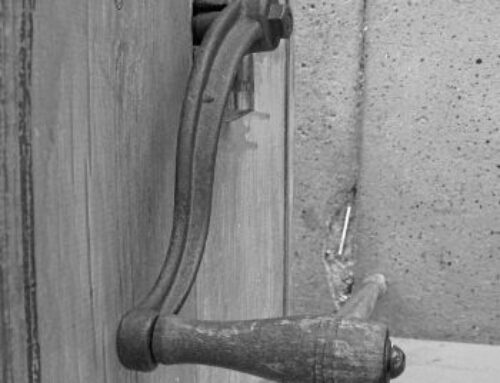I heard a programme on the Radio 4 recently about humiliation. It told the story of a boy who grew up poor. His mum had found a fabulous jacket in a jumble sale, which the boy adored. All his friends wanted to know where he’d got it, so he’d made up a story about a rich uncle in the States. Then one day, fetching a ball from neighbouring flats, a kid shouted out why’s that boy wearing my jacket? The kid’s mother yelled back that she’d donated it to a jumble sale. The boy ripped the jacket off and stuffed it down a drain before beating his friend up for telling everyone.
Shame is what we feel, the presenter suggested, about something we’ve done. Humiliation is how we’re made to feel about what we are. That’s nice, as a definition, and the programme pulled no punches about how we all experience humiliation and also have the urge to humiliate others.
I began to think about this urge to humiliate. It’s an uncomfortable idea, and I’m not sure that it is quite right. The urge to humiliate is more likely to be a response to something else – a need to achieve control, to manage your own sense of failure, or to hurt someone for hurting you – hoping that will make you feel better. I also thought about how we can humiliate completely unwittingly. The kid who spotted his lost jacket, for instance – what if his mother had decided the jacket wasn’t suitable and sneaked it off to the jumble sale hoping that’d be the end of it – he might have been exclaiming in indignation, surprise, delight, completely oblivious to the response of the jacket wearer, who went on, incidentally, to spend the 35 years of his adult life in prison.
And I guess that’s the point of this. We can’t be responsible for what other people do. We can only be responsible for how we respond. Hitler exploited Germany’s humiliation after the first world war; Trump is piggy backing on similar tendencies on the left-behind of his country. Nelson Mandela responded to humiliation in the opposite way, with dignity and resistance. That’s not to say he felt the humiliation any less, but he chose to do something different with it.
That’s hard. We aren’t all Nelson Mandela. If a friend, a parent, a boss does something that makes us want to dissolve into the ground, it’s hard to muster dignity and magnanimity. And I guess we don’t have to. We just have to be aware. Oh yes, this be aware thing. Listen to ourselves. Stop for a minute. Work out what’s going on. Think before we respond.
That’s what the ex-prisoner on this programme learned in those 35 years. He told us that when he feels humiliation, if only he can halt his response, even for a heartbeat, and ask himself why it’s happening, he’s less likely to lash out. In other words, feel the humiliation and don’t do it anyway.
This is the programme https://www.bbc.co.uk/programmes/b09xctwx




